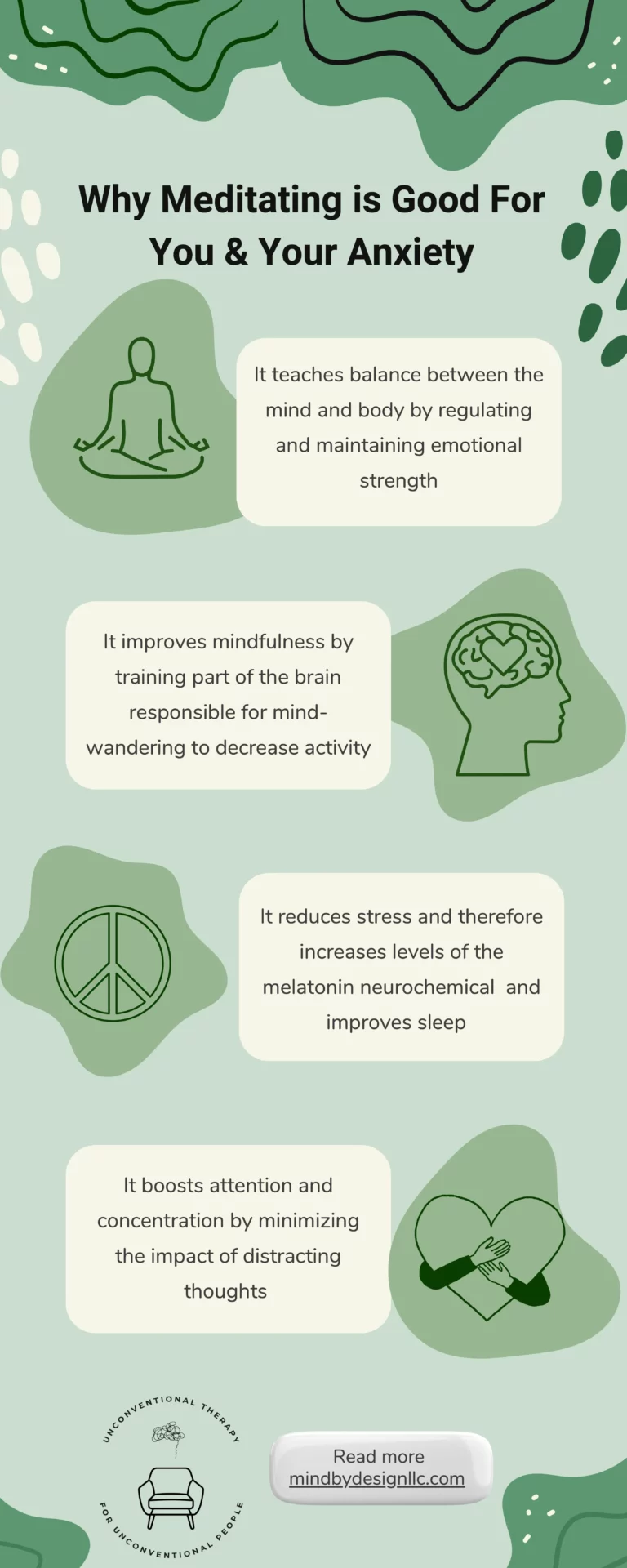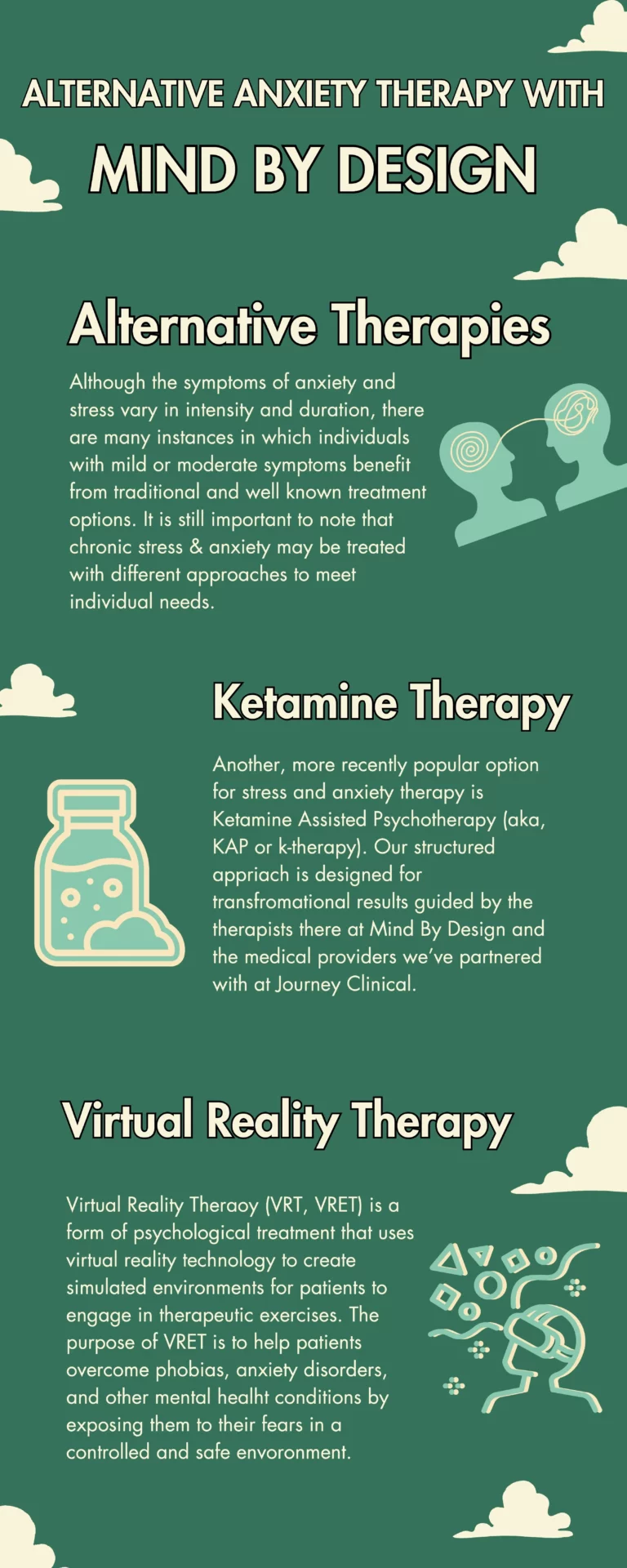The Reality of Personal Growth & Progress in Therapy
Leave Your Info
Follow Us on Social 😊🧠
Work With Us!
‘Progress in therapy’ and personal growth – two things that clients and therapists focus on, but can be easily misunderstood. In this blog, we’re stripping away the fluff and getting real about what therapy actually entails. It’s not a magic cure, nor a sign of weakness. It’s a journey of self-discovery, resilience, and sometimes, hard truths. S0, what makes therapy challenging and rewarding and how can we see personal growth as a journey instead of an end-goal?
Misconceptions About Therapy Progress
Common Myths
Therapy is often misunderstood as a resource only for the broken or desperate. This couldn’t be further from the truth. It’s a tool for anyone seeking to better understand themselves and improve their life. It’s not about lying on a couch, spilling deep dark secrets – it’s an active, engaging process. Let’s bust these myths and set the record straight.
Bullshit Stigmas
Stigma around therapy is like an outdated, worn-out tape that keeps playing. It’s 2023, and the idea that therapy is only for the weak is archaic. Seeking help is a sign of strength, not weakness. It’s about taking control of your life and mental health, not surrendering to them. Let’s throw this stigma out and embrace therapy for what it truly is – a tool for empowerment.
Hard Truths About Personal Growth Throughout Therapy
It's Not a Quick Fix
If you’re looking for instant solutions, therapy might disappoint you. It’s not a quick fix or a one-stop-shop for all life’s problems. Therapy is a journey that requires commitment, time, and patience. It involves peeling back layers of yourself, some of which you might not be ready to confront. But the journey, though long, is worth it.
Confronting Uncomfortable Realities
Therapy requires facing some uncomfortable truths about yourself. It’s about confronting behaviors, patterns, and thoughts that are often easier to ignore. This process can be challenging and even painful at times. But it’s through this discomfort that true growth and understanding emerge. It’s not easy, but it’s incredibly rewarding.
Your Therapist Is a Partner
A therapist is not a magician who will make all your problems disappear. They are more like a guide in the complex journey of your psyche. They provide tools, perspectives, and support, but the real work is yours to do. They can show you the path, but you’re the one who has to walk it. This partnership is crucial in navigating the terrain of personal growth.
Find the Right Fit
Finding the right therapist is crucial and can sometimes feel like a daunting task. It’s important to find someone you connect with, who challenges you and understands your unique journey. This might mean trying out a few therapists before finding the right match. Think of it as an investment in your journey towards personal growth.
Self-Discovery & Awareness
Therapy is a profound journey of self-discovery. Your Therapist helps you uncover the layers of your personality, understanding your deepest fears, and confronting your hidden truths. This process of self-awareness can be eye-opening, sometimes shocking, but always enlightening. It’s a path to understanding yourself in ways you never thought possible.
Why Go To Therapy?
Improved Relationships
Therapy doesn’t just transform you; it transforms your relationships. With newfound self-awareness and communication skills, you can build healthier, more fulfilling relationships. You learn to set boundaries, express your needs, and understand others better. This can lead to deeper connections and more meaningful interactions with those around you.
Building Resilience & Coping Skills
One of the greatest benefits of therapy is the development of resilience and coping skills. You learn to handle life’s challenges with more grace and less panic. Therapy equips you with strategies to manage stress, anxiety, and other emotional hurdles. These skills don’t just help in the therapy room; they translate into every aspect of your life.
A Stronger, More Authentic Self
Perhaps the most significant reward of therapy is the emergence of a stronger, more authentic self. You become more aligned with your values, desires, and goals. This authenticity brings a sense of empowerment and confidence that permeates every aspect of your life. It’s about becoming the best version of yourself, unapologetically.
Expecting & Embracing Setbacks
The path of therapy is not linear. There will be setbacks, days when progress feels nonexistent. This is a normal part of the journey. It’s important to recognize these moments not as failures, but as integral parts of the growth process. Embracing these ups and downs is key to maintaining momentum in therapy.
Celebrating Progress
Every step forward, no matter how small, is a victory in therapy. Celebrating these moments of progress is crucial. It’s about acknowledging the hard work you’ve put in and the growth you’ve achieved. These celebrations foster a positive mindset and encourage continued effort and commitment to the journey.
Final Thoughts on Personal Growth & Progress in Therapy
The impact of therapy extends far beyond the sessions themselves. The insights gained, the skills learned, and the personal growth achieved have a lasting effect on your life. Therapy is not just about addressing current issues; it’s about equipping you with the tools to handle whatever life throws your way in the future.
Therapy and personal growth aren’t for the faint of heart. It’s a journey filled with hard truths, challenges, and immense rewards. It’s about getting real with yourself and embracing the journey, no matter how tough it gets. If you’re ready to take this path, know that it’s one of the most valuable investments you can make in yourself. Remember, it’s not about fixing what’s broken; it’s about discovering the strength and resilience that’s been inside you all along.
FAQ's About
Online Therapy at Mind by Design New Jersey
How do I get started as a new client?
New Clients can reach out to us directly via call, text or email here:
What is your cancellation policy?
We ask that clients provide at least 24 hours notice in the event that they need to cancel to avoid the 50% cancellation fee. we understand that life happens and do our best to be flexible & reschedule.
Does my insurance cover my visits?
We provide”Courtesy Billing” for clients who are using the Out-of-network insurance benefits.
Our Insurance Page shares a small blurb about Why We Left Insurance Panels
Do you offer traditional talk therapy?
of course! though we have some unconventional therapy approaches, we are rooted in evidenced based practices. Talk therapy is a major player in the therapy room! See What we Treat and Integrative Services for more information
Is Online Therapy As Effective As In-Person Therapy?
Online therapy is essentially face-to-face counseling, just conducted remotely. Studies show that teletherapy is as effective as traditional counseling. Professional organizations and state governments recognize its benefits and have set regulations for it. However, like any therapy, its success in achieving your goals isn’t guaranteed. It’s important to discuss with your therapist whether teletherapy is working for you.
Can I Change Therapists If I'm Not Happy?
Yes, you can switch therapists to another provider within the practice, or we can provide you a referral if preferred. We want to ensure that your time and effort are well spent, and that you are getting the relief you need, that’s why we work collaboratively with each other in the practice, as well as outside therapists who we know and trust.
How Do I Know If Therapy Is Helping?
You should feel like you’re making progress. Signs it’s working include:
Feeling comfortable talking to your therapist
Your therapist respects boundaries
You’re moving towards your goals
You feel listened to
You’re doing better in life
Your self-esteem is getting better
Is Online Therapy Easy to Use for Non-Tech-Savvy People?
Yes, it’s pretty simple to access sessions. You’ll need basic internet skills, such as opening and visiting the patient link sent to you via email. It’s similar to video chatting like Facetime or Zoom. We can also walk you through it on the phone the first time to ensure a strong connection
What Questions Should I Ask My New Therapist?
Feel free to ask anything. Some good questions are:
- How often will we meet?
- What do you specialize in?
- What experience do you have with my issue?
- What outcomes can I expect?
- How will I know I’m progressing?
- How long do you usually work with clients?
- How will we set my treatment goals?
How Should I Prepare for My First Session?
Showing up is all that you need to do! But if you really want to get the most out of session, it could help to take some time to think about what you want from therapy. It helps to write down your goals, questions you have or things that you feel are important to share.
What is the difference between associate therapists & fully licensed therapists?
Our Qualifications:
Our founder, Rebecca Sidoti, is a highly qualified, state-licensed therapist and supervisor with extensive training in anxiety related disorders and innovative treatment such as Ketamine Therapy. Mind by Design Counseling adheres to standards set by the our governing counseling boards.
To see each providers credentials, training and licenses, visit our “Meet the Therapists” Page to learn more.
- LAC/LSW are therapists who may practice clinical work under the supervision of a fully licensed therapist.
- LPC/LCSW are therapists who have completed the necessary clinical hours post-graduation under supervision and can practice clinical work independently.
What Geographic Areas Are Served?
Currently, we serve clients in New Jersey and are expanding to other states as telehealth laws evolve. While telehealth offers the convenience of attending sessions from anywhere, state laws require clients to be in-state during their session.
Is Virtual Counseling Suitable for Everyone?
Online therapy might not be as effective for individuals with chronic suicidal thoughts, severe trauma, significant mental health history, or those recently in intensive care. Such cases often benefit more from traditional, in-person counseling. We’ll help you decide if our online services are right for you during your intake and evaluation.
What Equipment is Needed for Online Therapy?
To join a session, log in using the credentials we provide. No downloads are needed. Our platform, compatible with both individual and group sessions, requires:
A computer or mobile device with a webcam and internet access.
We’ll help you test your setup before your first appointment to ensure a reliable connection. iOS users should use the Safari browser for mobile and tablet sessions.
What Questions Will Therapists Ask Me?
It depends on your goals. Expect questions about your thoughts, feelings, relationships, work, school, and health. They’ll ask to understand your therapy goals.
How Do You Keep Client Information Secure?
Security and Confidentiality of Sessions:
Your privacy is crucial to us. We use TherapyNotes, a HIPAA-compliant platform, ensuring secure and confidential teletherapy sessions. This platform’s security features include encrypted video connections, secure data transfers, and encrypted databases, ensuring your information is safe at all times.
What is VRT used for?
we use VRT to support Exposure Therapy, a long standing traditional therapy modality to treat phobias, anxiety and stress. we send a headset directly to your home so you can access VRT from anywhere.
VRT not only helps with exposure therapy for phobias, but is great for ADHD, mindfulness, PTSD and social anxiety.






